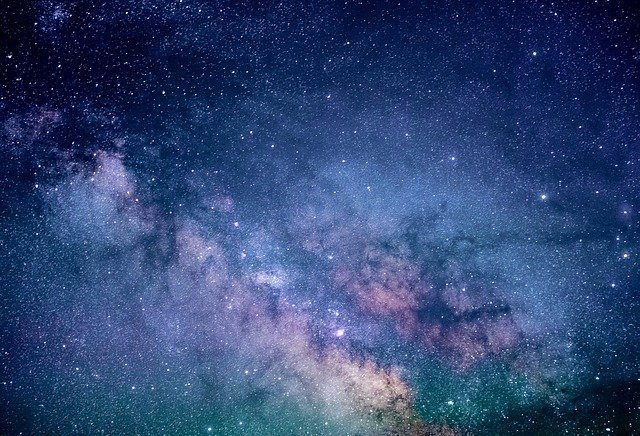
The moon is one of the most important things in our night sky. It provides light at night, which allows us to see when it’s dark out and do stuff without needing an artificial source of light.
Many animals depend on the moon for their behavior, including nocturnal animals. If there was no moon, life would be very different!
If there was no moon, we may not be able to see very well at night. We would need to get artificial lights for when it’s dark outside and we want to go outside and play or go somewhere.
This could cost a lot of money and require a lot of space and energy. There also wouldn’t be much light pollution though, which could be good for the environment.
If there was no moon, life may not have evolved! The moon is what causes tides on earth, essentially giving organisms a very large tide pool to live in.
If there was no moon, aquatic organisms wouldn’t have evolved into many of the species that they are today. They would probably end up being very small or else go extinct.
If there was no moon, the earth’s axis would change! The gravitational force of the moon is enough to make the Earth rotate on its axis at exactly 23 degrees (relative to vertical).
If there was no moon around, day and night would last longer. In some parts of the world, the night would last for six months!
The other parts of the world would have very short days during the winter months.
If there was no moon, places that are dark enough to see stars wouldn’t have many stars visible in the sky.
The moon reflects a lot of light from the sun onto the earth, which allows us to see bright things at night, like stars. If there was no moon, the only stars we would be able to see are in our very own solar system.
If there was no moon, it would probably affect the oceans a lot! The gravity of the moon causes tides much bigger than Earth’s position around the sun does.
In some places on earth, this is actually a really big deal! Tides can vary by an insane amount: up to forty feet (12 meters)! If there was no moon, tides would be much smaller and not as strong.
What happened to humans if there was no moon?

If there was no moon, humans would not have evolved as we know them! Life on earth wouldn’t be very different, but we might not even exist. A life that did evolve could potentially be much smaller or more primitive than what it is today.
How were tides affected if there was no moon? How would this affect things living in the oceans?
If there was no moon, tides would be much smaller and not as strong. This could affect organisms that live in tidepools very much! They may even be wiped out entirely.
The atmosphere would be affected since the tides are what cause currents in the oceans to bring nutrients up from the bottom of the sea.
- See also: what would happen if there were no trees on earth?
- See also: what would happen if the earth stop rotating
How did tides affect life on earth if there was no moon?
If there was no moon, aquatic organisms that are dependent on tidepools might not evolve or may go extinct. On land, day and night would last longer, which could allow some nocturnal organisms to evolve if they didn’t already exist.
The formation of our moon might have affected the evolution of life on earth. Would things be different if there was no moon?
Without a moon, there may not be enough gravity to get organisms to evolve into many large species. The moon also provides tides that allow organisms to live in the oceans. If there was no moon, it’s very possible that life would not exist as we know it!
Tides are caused by the gravitational pull of objects with a mass on water. This pulling causes water to flow toward these objects, creating high and low tides.
Some places on earth have much stronger tides than others, and the moon is the main source of most of these tides.



